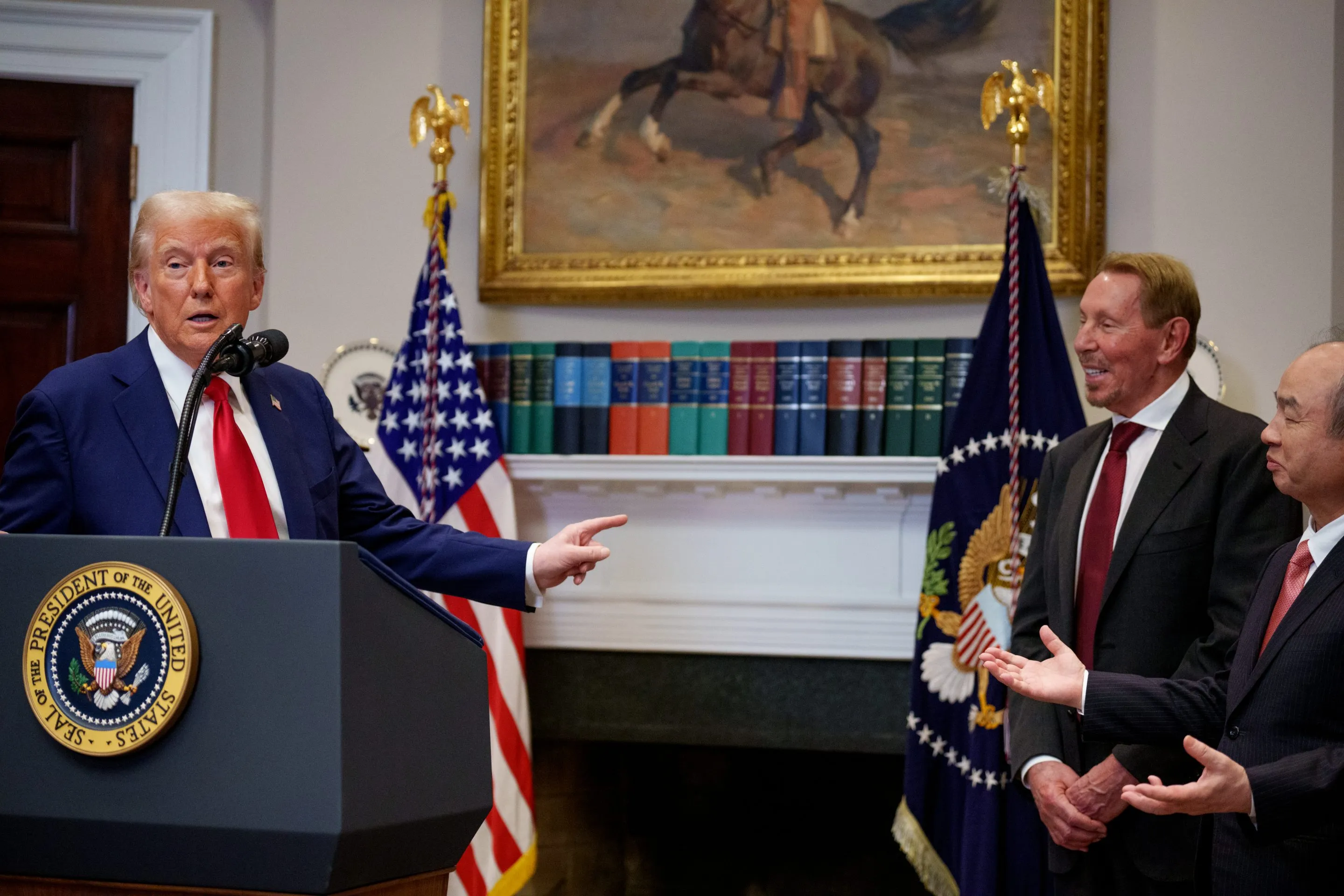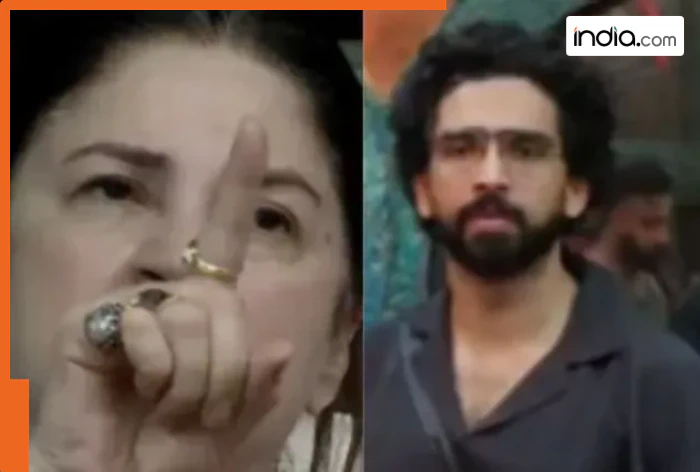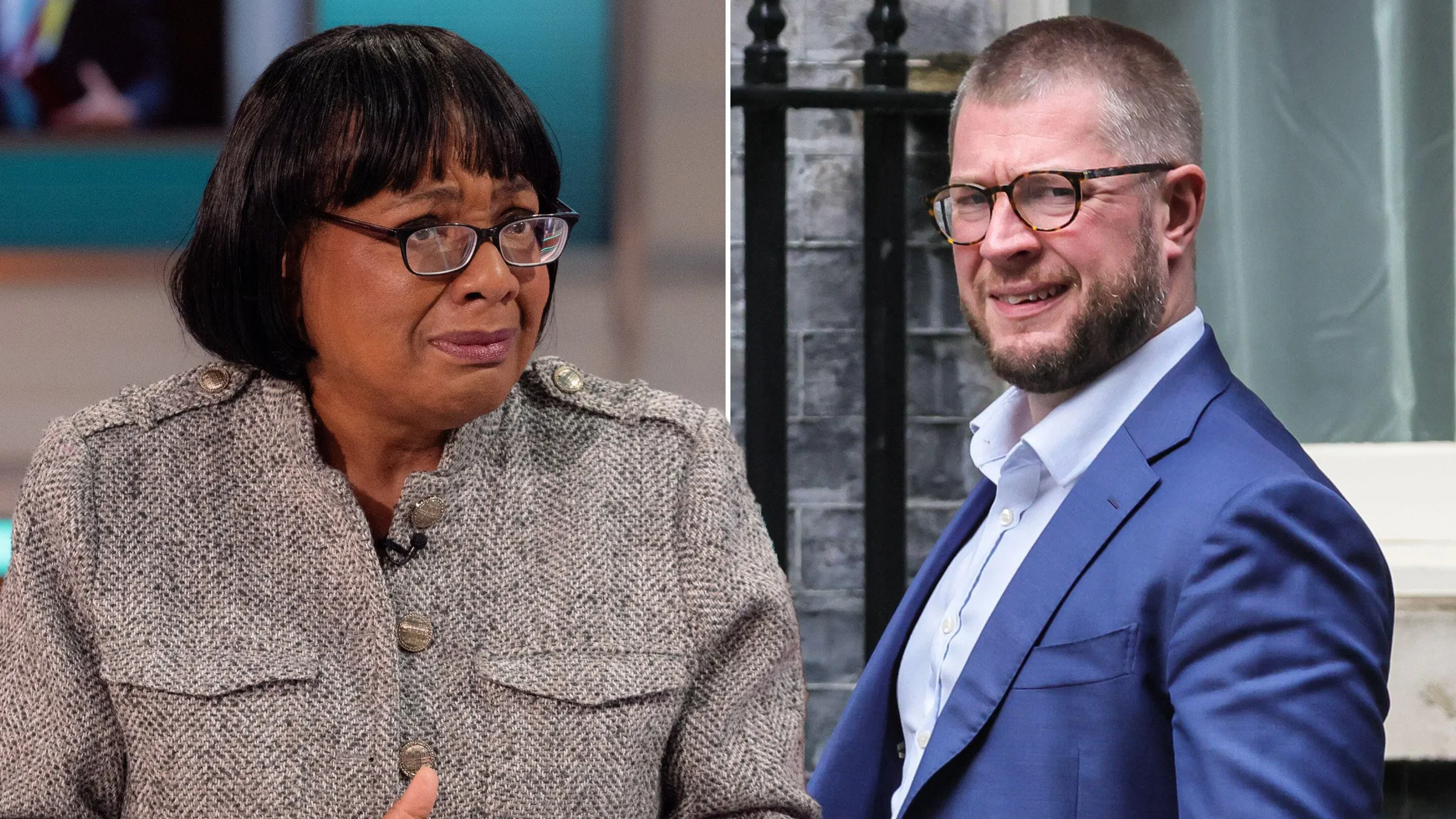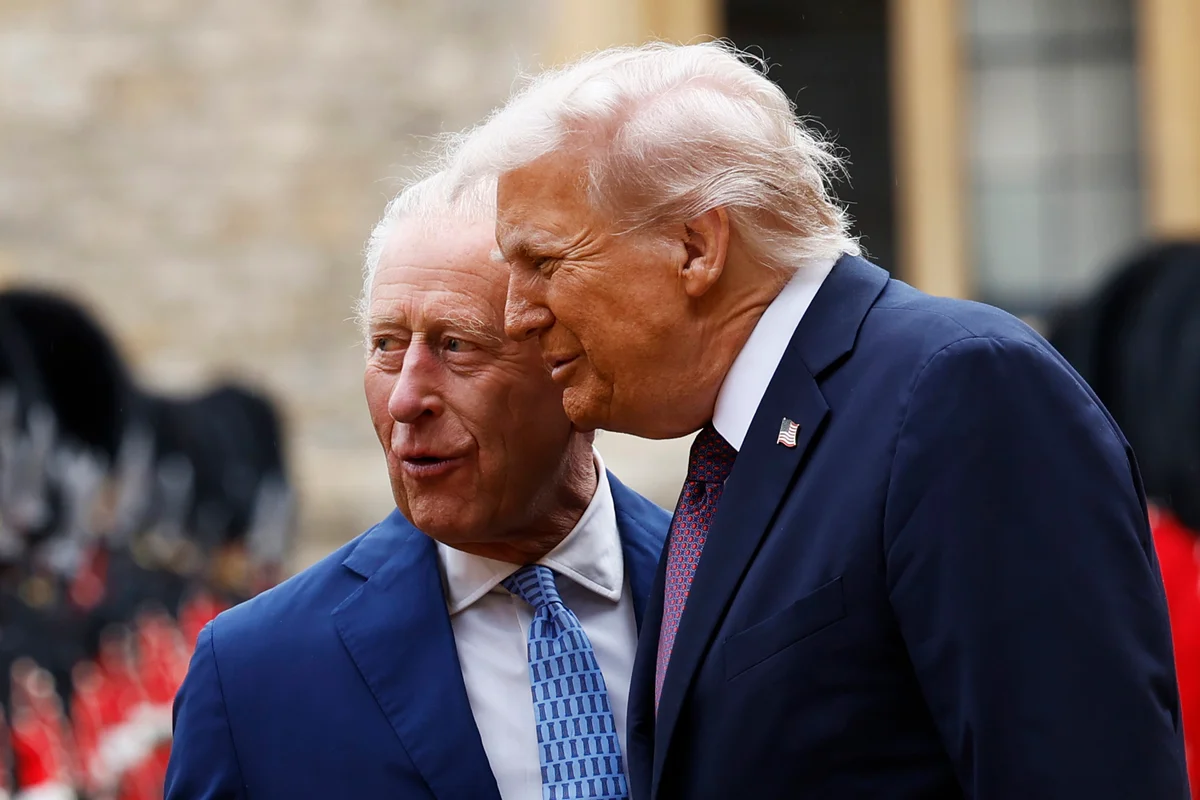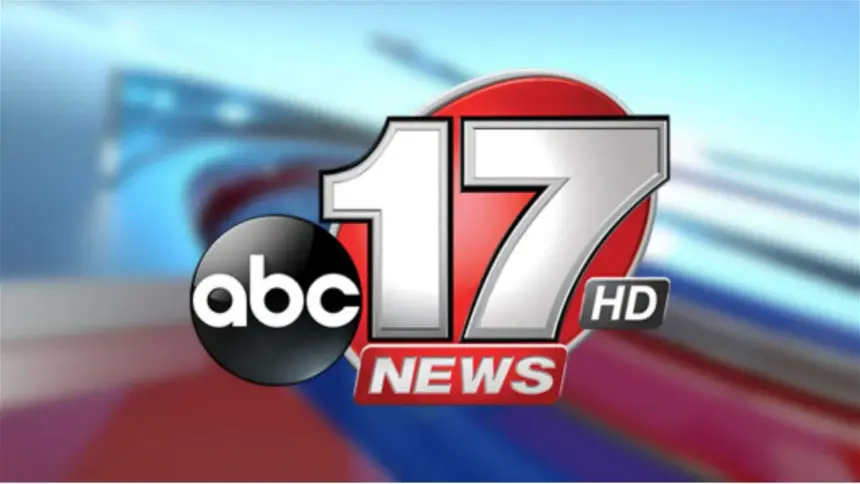
By John Fritze, Devan Cole, CNN
(CNN) — Attorney General Pam Bondi’s opaque threat to target “hate speech” following the assassination of conservative crusader Charlie Kirk would, if carried out, run up against a litany of Supreme Court precedent on an issue that has largely united conservative and liberal justices for decades.
Bondi has drawn bipartisan and biting criticism this week for suggesting that there is a distinction between free speech and hate speech, an idea that the Supreme Court has repeatedly rejected. And her subsequent attempts to walk back that statement have also bumped up against landmark rulings – some longstanding and others more recent – from the high court.
“Freedom of speech is sacred in our country, and we will never impede upon that right,” Bondi said in a statement to Axios after her initial remarks on a podcast Monday caused an uproar. “My intention was to speak about threats of violence that individuals incite against others.”
The attorney general’s warnings, which initially included vague threats of prosecution, are part of a broader push by President Donald Trump to use the anger over Kirk’s brutal killing to punish the left.
On a broad level, the Supreme Court has been clear that what some might view as “hate speech” is protected by the First Amendment.
In 2011, for instance, an 8-1 majority ruled that members of the Westboro Baptist Church in Kansas were entitled to protest funerals of American military personnel, including with placards that read, “Thank God for Dead Soldiers.”
“Speech is powerful,” Chief Justice John Roberts wrote in that case, Snyder v. Phelps. “It can stir people to action, move them to tears of both joy and sorrow, and – as it did here – inflict great pain. We cannot react to that pain by punishing the speaker. As a nation we have chosen a different course – to protect even hurtful speech on public issues to ensure that we do not stifle public debate.”
Legal experts say Bondi’s new tack – focusing on “threats of violence” and speech that “incites” violence – ignores the exceedingly narrow way in which the Supreme Court has interpreted those exceptions to the First Amendment. It’s highly unlikely, experts said, that any criticism directed at Kirk after his killing would meet that high bar.
“In some ways she made it worse,” said Aaron Terr, director of public advocacy at the Foundation for Individual Rights and Expression, which advocates for free speech rights.
In a major 1969 precedent, Brandenburg v. Ohio, the Supreme Court struck down an Ohio law that had been used to charge a Klu Klux Klan leader who was captured on video suggesting there might have to be “some revengeance” for supporting Black Americans. To qualify as speech that incites, the court ruled, the language at issue must be aimed at causing “imminent lawless action” and must be likely to result in that action.
“It’s a very narrow standard,” Terr said. “It’s rarely met.”
Eugene Volokh, a First Amendment expert and law professor at UCLA, said that Bondi’s statements appeared to “fuzz over” the careful lines the justices have long drawn around protected speech.
“The Supreme Court,” Volokh predicted, “will have none of that.”
Alito: Proudest boast
Deciphering precisely what Bondi and other Justice Department officials have in mind in the heated politics that have followed Kirk’s killing is complicated, partly because the administration has focused on multiple issues at once. Trump has attacked billionaire and Democratic donor George Soros, suggesting he should be subject to federal racketeering charges, though he has provided no evidence of wrongdoing by Soros.
Trump has also suggested that protesters who interrupted his dinner at a restaurant in downtown DC last week could face charges.
Deputy Attorney General Todd Blanche doubled down on the idea of “potential investigations” for individuals protesting the president in an interview Tuesday with CNN’s Kaitlan Collins. Blanche indicated that could move forward if protesters were “part of an organized effort to inflict harm and terror and damage to the United States.”
Assistant Attorney General Harmeet Dhillon, who leads the Justice Department’s Civil Rights Division, told Newsmax that she is “working very hard on these criminal prosecutions potentially … looking at hate crime angles.” Hate crimes are different than hate speech – they involve an underlying crime – and there is no evidence liberal groups had anything to do with Kirk’s death.
“There’s free speech and then there’s hate speech,” Bondi said initially during the podcast interview with Katie Miller, the wife of top White House aide Stephen Miller. “We will absolutely target you – go after you if you are targeting anyone with hate speech.”
As recently as 2017, in a widely followed trademark case, the court struck down part of a federal law that denies trademark protection of terms that disparage the living or dead. The case involved Simon Tam, an Asian American musician and political activist who named his rock band “The Slants” in an attempt to take back a derogatory term. But the trademark office denied his request on the ground that it was disparaging to “persons of Asian descent.”
“Speech that demeans on the basis of race, ethnicity, gender, religion, age, disability, or any other similar ground is hateful,” Justice Samuel Alito wrote in that case. “But the proudest boast of our free speech jurisprudence is that we protect the freedom to express ‘the thought that we hate.’”
In 1992, the court unanimously struck down a city ordinance in St. Paul, Minnesota, that barred displays that provoked “anger, alarm or resentment” based on race, gender and other factors. That case, RAV v. City of St. Paul, involved a teenager who was charged after allegedly burning a cross on the lawn of a Black family.
“Let there be no mistake about our belief that burning a cross in someone’s front yard is reprehensible,” wrote Justice Antonin Scalia, an icon of the conservative legal movement. “But St. Paul has sufficient means at its disposal to prevent such behavior without adding the First Amendment to the fire.”
It’s an idea that has been widely shared across the court’s ideological divide.
“Every time I listen to a lawyer-trained representative saying we should criminalize free speech in some way, I think to myself, ‘that law school failed,’” Justice Sonia Sotomayor, the court’s senior liberal, quipped as she spoke to an audience in New York on Tuesday.
Experts told CNN that while federal prosecutors looking to bring cases related to Kirk’s death might ultimately fail to secure indictments or convictions, such losses may not matter at all. The administration’s effort, they said, might still prevail at censoring disfavored, but permissible, speech.
“I don’t think the administration’s goal is to be correct on the law. I think the administration’s goal is to silence dissent. To silence political views they don’t like,” said Alex Abdo, the litigation director of the Knight First Amendment Institute.
“And by that measure, it doesn’t matter whether they convince a grand jury to indict or convince a court that their legal theory is correct because that’s just not their goal,” he added. “Their goal is to intimidate people.”
A ‘true’ threat
Following the storm over her initial remarks, Bondi has twice attempted to clarify what she meant.
“Hate speech that crosses the line into threats of violence is NOT protected by the First Amendment,” she posted to X. “For far too long, we’ve watched the radical left normalize threats, call for assassinations, and cheer on political violence. That era is over.”
But those course changes have also stirred scrutiny. While it’s correct that some speech is not protected under the First Amendment – including a form of speech called “true threats” – there’s a wide gap between Bondi’s mention of “threats of violence,” which may be prosecutable, and her claim that the government could also go after people who “cheer on political violence,” which it almost certainly cannot.
If anything, the Supreme Court has narrowed what counts as a true threat. In a 7-2 decision two years ago, the court held that prosecutors must show a person has “some subjective understanding of the threatening nature of his statements” to win a case.
That decision dealt with a man convicted of stalking a musician in Colorado with a series of “creepy” and vaguely threatening online messages.
State prosectors secured the conviction by relying on a legal standard that a “reasonable person” would have understood those and other statements to be threats. But in a decision written by Justice Elena Kagan, the court ruled that standard was too low. Instead, prosecutors must demonstrate that a person making a statement has some awareness that their words could be understood as a threat – a higher bar.
“The state must show that the defendant consciously disregarded a substantial risk that his communications would be viewed as threatening violence,” wrote Kagan, a member of the court’s liberal wing.
More than five decades earlier, the Supreme Court reversed a conviction against a man who said publicly that if he was drafted into the Army and made to carry a rifle, “the first man I want to get in my sights is L.B.J.,” a reference to former President Lyndon Johnson.
Noting that the “language of the political arena” can often be “vituperative” and “abusive,” the court nevertheless dismissed the remarks as “political hyperbole.”
Calling for a specific crime against a specific target “may well be punishable,” Volokh said.
But cheering on political violence, however distasteful?
“There’s no First Amendment exception for that,” Volokh said.
You’re fired
Bondi and others in the Trump administration have also flirted with pressuring companies to fire or suspend employees who have celebrated Kirk’s death.
“It’s free speech, but you shouldn’t be employed anywhere if you’re going to say that,” the attorney general said this week on Fox News. “And employers, you have an obligation to get rid of people. You need to look at people who are saying horrible things, and they shouldn’t be working with you.”
Private companies are entitled to fire employees for what they say online, but the government is limited in how much pressure it may apply to make that happen – a point the Supreme Court reinforced just last year.
In a case involving the National Rifle Association, a unanimous court ruled against a New York official who urged banks and insurance companies to cut ties with the gun rights group following the 2018 mass shooting at a Parkland, Florida, school.
“Government officials cannot attempt to coerce private parties in order to punish or suppress views that the government disfavors,” Sotomayor wrote for the court.
“Let’s say the government says, ‘if you allow your employees to praise or defend the killing of Kirk, you’ll be in your sights,’” said Volokh, who was the lead attorney for the NRA on the case. “That is a pretty clear First Amendment violation.”
The decision in NRA v. Vullo has already been held up by elite law firms and universities fighting Trump’s efforts to punish them in court.
“Government officials can get on their bully pulpit,” Terr said.
But, he said, if the DOJ reaches out directly to a private business and pressures its leaders to fire someone because of their speech, “that crosses the line.”
For government employees – including those who work for public schools and universities – the situation is more complicated, explained Timothy Zick, a professor at William & Mary Law School who specializes in First Amendment law. Public employers generally have less power to punish employees for their speech. But that general rule is not absolute.
The Supreme Court ruled in a landmark 1968 decision that government employers may be allowed to fire employees for certain speech made in an individual capacity if that speech presents a significant challenge to the functioning of an agency or office.
“If the employer can show that the statements somehow affected the internal operations, so offended other employees or created disruption in the workplace, they may well be able to fire you as a public employee,” Zick said.
